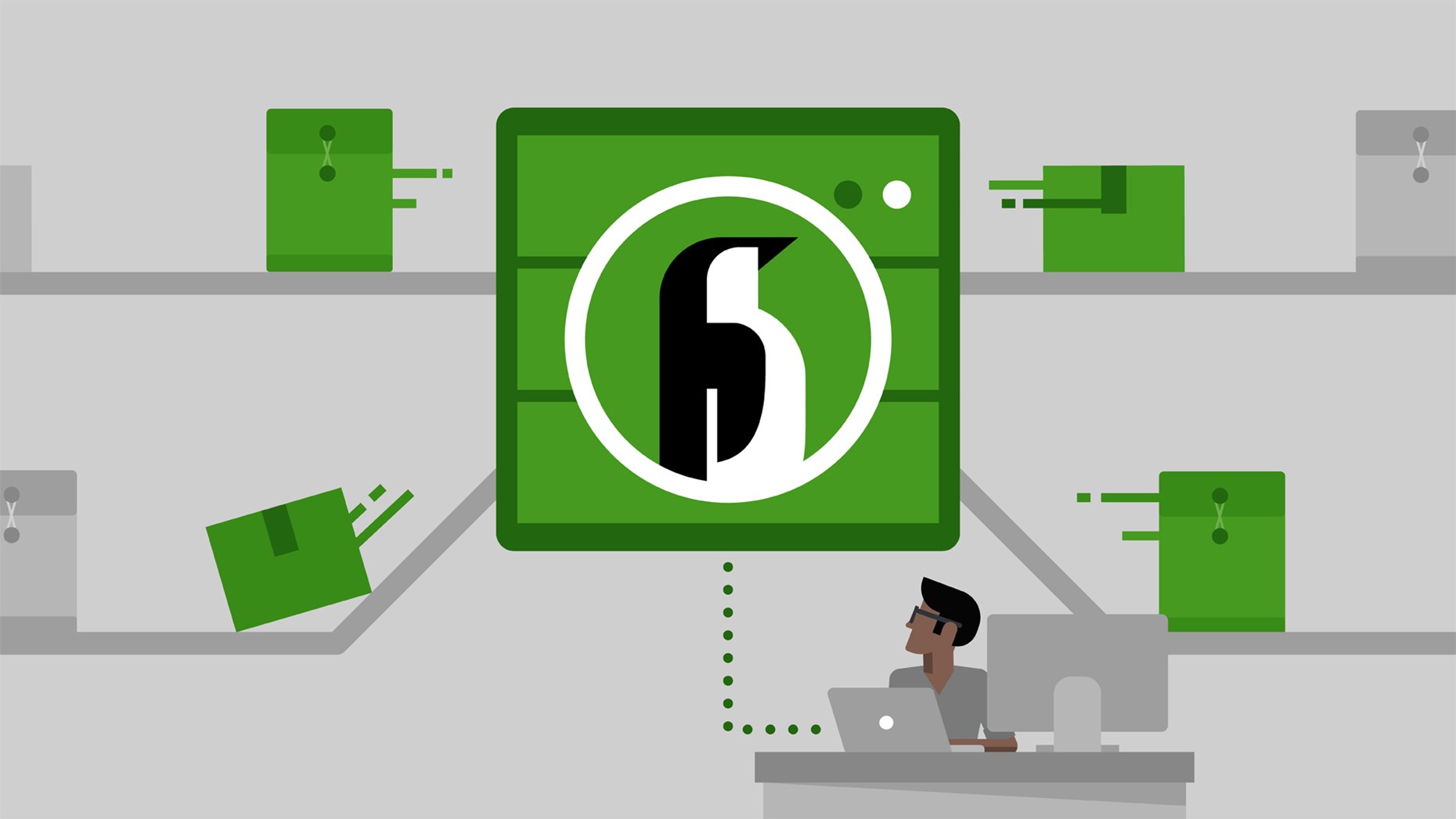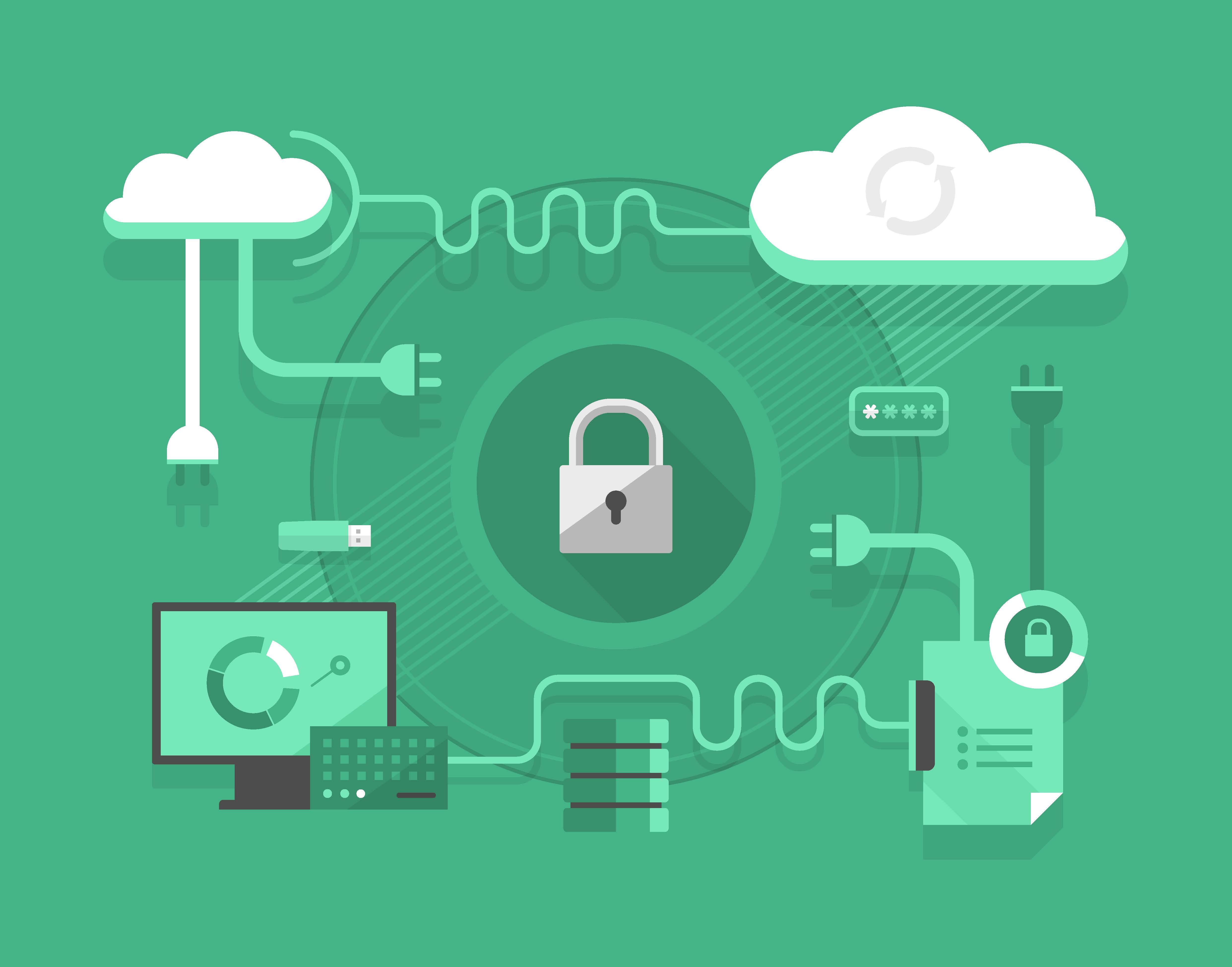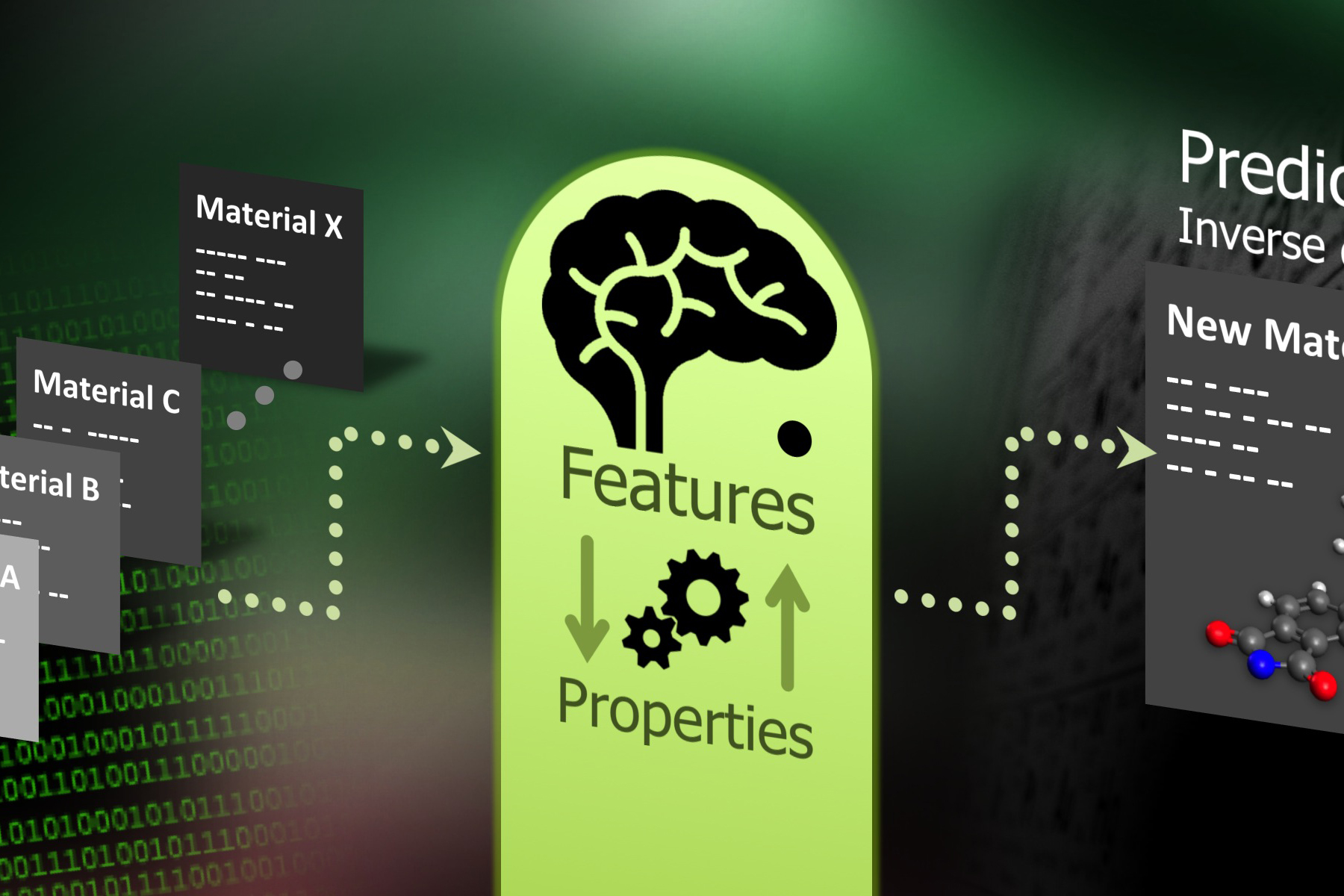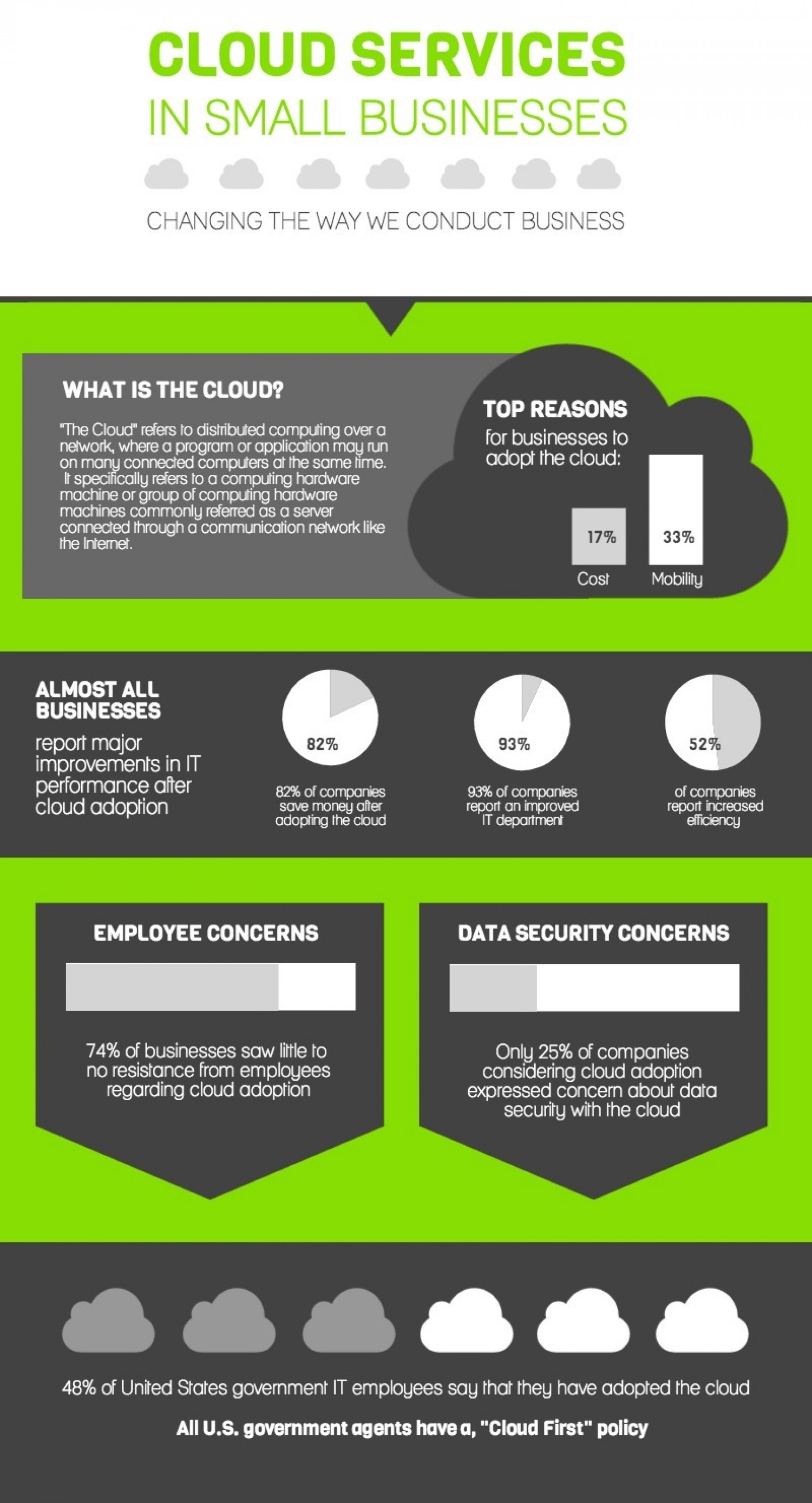Your cart is currently empty!
Author: AlFa Logics
-

Can Artificial Intelligence Function as an Employee?
Every minute your business is offline can have an impact on your business success. For revenue-generating companies, downtime or breaches or hacking can mean a loss of data, income and reputation. For any business, downtime can mean the loss of customer reputation rankings and traffic. You’ll Regret Skimping on IT Security Nobody wants to think about their…
-

How to recover accidentally deleted files?
If you have ever experienced regretfully deleted data by way of accidental deletion, permanent shift-delete commands, virus attacks, system or software crashes or even simply thought you’d never need the file again, then you know first hand the uncomforting tingle that goes down your back thinking what a disaster this situation is. At AlFa Logics,…
-

How machine learning makes people more productive
Email management, formatting documents, creating expense reports. These are just some of the time-sinks that can affect your productivity at work. At AlFa Logics, this is referred to as “overhead”—time spent working on tasks that do not directly relate to creative output—and it happens a lot. According to a Google study in 2015, the average…
-

New iOS enterprise security features now available, including corporate contacts
A recent Gartner survey found that more than two thirds of employees are using personal devices at work, and we’re seeing similar stats with our customers: enterprises are embracing Bring Your Own Device (BYOD) devices. That’s why we’re giving more control to AlFa Suite customers with enhancements to Alfa Mobile Management, adding several new iOS…
-

Not All Data Backups are Created Equal (and Why Automatic is Better than Manual)
Whether your Business has one computer or thousands, you should backup all of your data regularly. Automation is the foolproof way of making sure you’re never caught out. The Manual Approach A lot of business owners rely on external hard drives, USB flash drives, or CDs. Any backup is better than none, but storing your…
-

Five Tips, Techniques and Strategies for Cloud Migrating
For businesses in 2017, it’s much less about the “why” and more about the “how.” Even businesses that have yet to modernize know they should — they’re simply intimidated by the process of migration. With that being said, let’s discuss a few tips, techniques, and strategies that should allow you to efficiently transition to the…
-

A.I., respond to this email: Introducing Smart Reply
With the first quarter in full flight and emails coming in at a furious pace, we can all use a little help. Email is already on hand assisting you with the next step, organizing your trips, and even suggesting reminders. But when you’re checking email on the go, it can be cumbersome and time-consuming to…
-

Why have most Fortune 500’s adopted a “Cloud First” strategy?
It’s cheap, secure, effective, and completely scalable. Free consultation, Free for 14 days. Cancel anytime. (626) 408-2532 | [email protected] [service_box animation=”fadeInUp” title=””] [home_circle_callout animation=”fadeInUp”] [home_circle_callout_line highlight=”true”] . . . Free Preview . . . [/home_circle_callout_line] [/home_circle_callout] [/service_box]
-

Take Control of Your Financial Budgets
As a business leader, whether you’re keeping books up-to-date, sharing data with investors, or connecting with advisors in real-time, combining cloud-based technologies can help you collaborate quickly and securely to keep company financials on target. John’s Construction is a great hypothetical example of a company that’s taking advantage of real-time collaboration. The company specializes in…
-

Thinking About Migrating Your Business to the Cloud?
On-premise file server technology still exists — and will for years to come — but it’s hard not to feel archaic when continually opting for traditional servers over progressive cloud storage solutions. Thus, if for no other reason than to feel like you’re moving forward with the times, cloud migration is something you’ve probably thought…